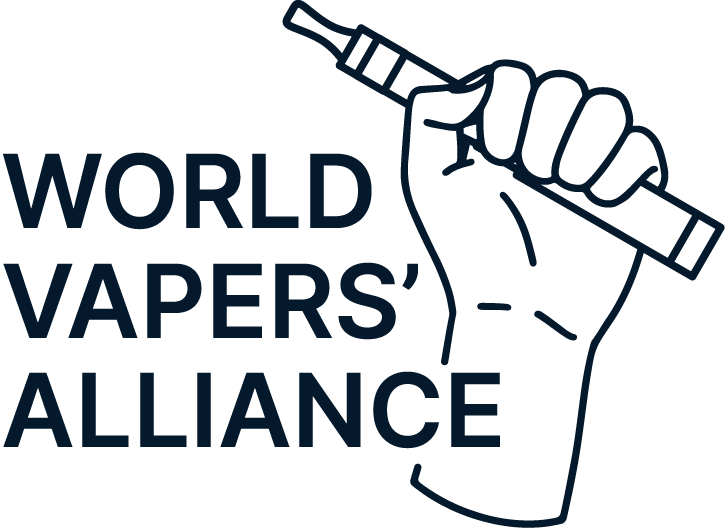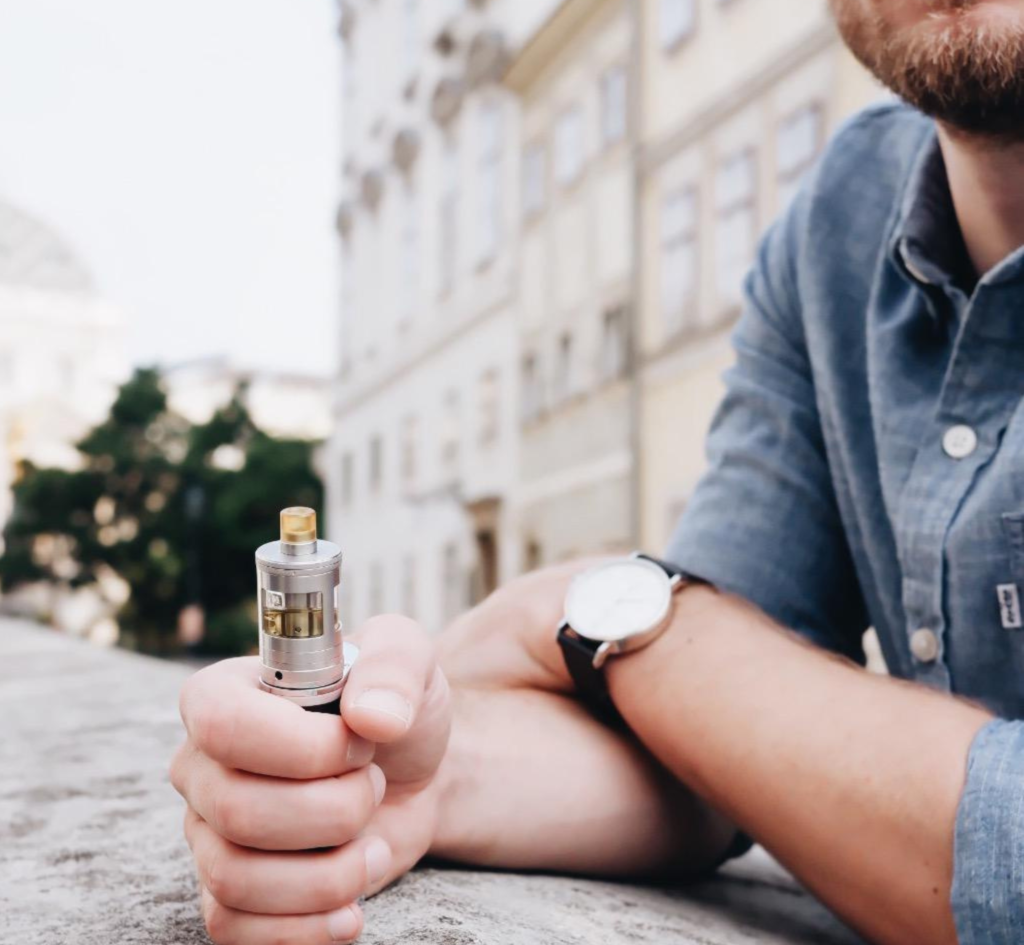Come consumatori, spesso sottovalutiamo il grande potere che abbiamo nelle nostre mani. Le nostre decisioni di spesa quotidiane hanno un profondo impatto sull'economia. Le persone sanno cosa è meglio per loro più di chiunque altro. Quando Nokia, Blackberry, Kodak e MySpace fallirono, fu perché i consumatori decisero che i loro prodotti non erano più abbastanza buoni, non a causa di normative o divieti. L'innovazione e le numerose possibilità che offre cambiano il mondo più di qualsiasi agenzia governativa. Purtroppo, questo fatto viene spesso trascurato nei dibattiti politici sulla cessazione del fumo.
Secondo l'OMS, più di 8 milioni di persone muoiono ogni anno a causa del fumo. Sì, il fumo uccide quasi la metà dei suoi consumatori, il che è inaccettabile. Tuttavia, la maggior parte delle persone non riesce a smettere immediatamente. Smettere di fumare è una delle cose più difficili da fare. Più di 9 fumatori su 10 non riescono a smettere senza alcun aiuto.
Pertanto, offrire alle persone una varietà di strumenti per smettere di fumare è il modo più efficace per sconfiggere il fumo. I consumatori devono poter scegliere ciò che meglio si adatta alle loro esigenze, perché ogni persona è unica, quindi le soluzioni universali raramente sono efficaci.
Si scopre che lo svapo è uno degli strumenti più efficaci per smettere di fumare. Permette ai fumatori di sostituire l'abitudine al fumo con un'altra molto meno dannosa. Lo svapo è 95% meno dannoso rispetto alle sigarette tradizionali e, secondo uno studio della Queen Mary's University, lo svapo è due volte più efficace per smettere di fumare come terapie sostitutive della nicotina.
Nonostante tutti i benefici dello svapo, gli attivisti anti-svapo hanno convinto molti politici e organizzazioni sanitarie che lo svapo è dannoso quanto il fumo, se non peggio. Così facendo, hanno minato da soli i vantaggi che lo svapo apporta alla cessazione del fumo. La strada logica per i governi dovrebbe essere quella di dare priorità alle risorse per aiutare i fumatori a smettere, come lo svapo, riducendo così il numero di fumatori. Invece, assistiamo a crescenti attacchi allo svapo in molti paesi e da parte di diverse organizzazioni internazionali.
In particolare, la negazione della realtà da parte dell'OMS sembra farsi ancora più assurda, e i divieti sugli aromi si profilano dietro ogni angolo. L'anno scorso, il Gruppo di studio dell'OMS sulla regolamentazione del tabacco e dei prodotti ha pubblicato diversi... raccomandazioni offrendo una serie di opzioni che non hanno nulla a che fare con il miglioramento della salute pubblica o con l'aiutare le persone a smettere di fumare. Tra le altre cose, hanno persino proposto di vietare i dispositivi di svapo a riempimento manuale, noti come sistemi aperti.
Ciò sfida ogni logica, soprattutto perché i sistemi aperti offrono agli svapatori la più ampia scelta in termini di contenuto di nicotina, aromi e dispositivo stesso. Un elemento fondamentale per il successo dello svapo è proprio il fatto che esistono innumerevoli modelli e varianti di dispositivi e liquidi per lo svapo. Vietare i sistemi aperti significherebbe la fine dello svapo per milioni di persone, e quindi per milioni di fumatori in più. Sfortunatamente, una raccomandazione come questa dimostra che il comitato di esperti non comprende nemmeno le basi dello svapo e non ha consultato esperti e svapatori sulla questione. Questo deve essere completamente ignorato, a meno che l'obiettivo non sia quello di spingere le persone a tornare a fumare sigarette. Un altro esempio di attacco alla libertà di scelta è stato... annuncio Il mese scorso, la Commissione Europea ha presentato un piano per vietare la vendita di tutti i prodotti a base di tabacco riscaldato aromatizzato. Anche la Commissaria Europea per la Salute e la Sicurezza Alimentare, Stella Kyriakides, ha chiesto "un'applicazione più rigorosa" delle norme per i nuovi prodotti che entrano nel mercato.
Invece di tali divieti, abbiamo bisogno di quante più opzioni possibili per chi vuole smettere di fumare. Tutte le diverse forme di svapo, le bustine di nicotina e i prodotti riscaldanti aiutano a smettere di fumare e sono meno dannosi. Eppure, l'OMS e la Commissione Europea ignorano intenzionalmente la ricchezza di prove scientifiche che ne dimostrano i benefici, per non parlare dell'esperienza diretta di milioni di svapatori. Ignorando intenzionalmente prove e testimonianze, la Commissione sta creando un disastro per la salute pubblica.
Purtroppo, questi due esempi sono solo la punta dell'iceberg. Molti paesi stanno cercando di vietare gli aromi o addirittura di proibire lo svapo. Questa situazione deve cambiare: 8 milioni di vite umane dovrebbero essere una ragione sufficiente. Le politiche di riduzione del danno dovrebbero basarsi su prove scientifiche e sulla libertà di scelta dei consumatori.
L'anno scorso, cento persone molto rispettate scienziati ed esperti ha esortato l'OMS a "modificare la sua posizione ostile sulla riduzione del danno da tabacco". Purtroppo, questi esperti vengono ignorati. Lo stesso vale per i consumatori e le loro scelte.
Originariamente pubblicato su Svapare oggi.







